The Ultimate Guide to Choosing a 100 Amp Hour Lithium-Ion Battery
Discover the ins and outs of 100 amp hour lithium-ion batteries, from the best brands and features to their ideal applications. Whether you’re an RV enthusiast, a solar power advocate, or a marine adventurer, this guide explains the different battery types, capacities, and features to help you make an informed decision. Dive in for insights with a dash of humor to power up your knowledge!
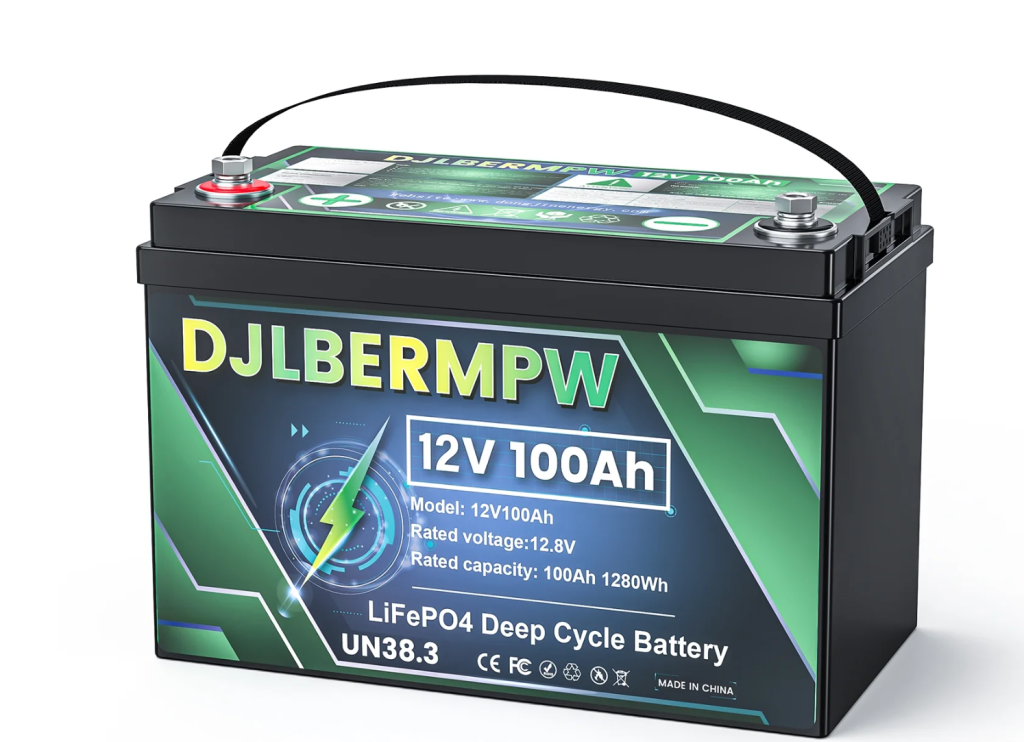
Why a 100 Ah Lithium-Ion Battery is Your New Best Friend
Let’s start with the basics: a 100 Ah battery means it can deliver 100 amps for an hour, or 50 amps for two hours, before it needs a recharge. It’s like having a tank of energy you can rely on for road trips, off-grid living, or powering your gadgets on a boat. Think of it as your very own portable, non-judgmental friend who won’t run out of juice at the wrong moment.
Popular Options for Every Adventurer
Power Queen 12V 100Ah
- Key Features: Bluetooth monitoring, low-temp protection, fits like a dream in BCI Group 31 slots.
- Ideal For: RVs and off-grid living.
- Price: ~$198.99.
- Why You’ll Love It: You can monitor it on your phone—because who doesn’t love knowing how their energy is doing?
Feence 12V 100Ah LiFePO4
- Key Features: 4000 cycles, lightweight, powerful battery management system (BMS).
- Ideal For: Solar storage and RV escapades.
- Price: ~$119.99.
- Pro Tip: Budget-friendly doesn’t mean it skimps on performance!
Renogy 12V 100Ah
- Key Features: Auto cell balancing, 4000 cycles, and a generous warranty.
- Ideal For: Solar setups and RV enthusiasts who love peace of mind.
- Price: ~$489.99.
- Bonus: Renogy has a stellar reputation for reliability.
Thor Lithium 12V 100Ah
- Key Features: Bluetooth monitoring, a built-in heating element for cold climates.
- Ideal For: Marine adventures and RV life.
- Price: ~$799.00.
- Fun Fact: It’s called Thor because it brings the thunder (of energy)!
The Science of Picking the Right Battery
When buying a 100 Ah lithium-ion battery, you need to consider the type that fits your specific needs. Here’s the cheat sheet:
Lithium Iron Phosphate (LiFePO4)
- Perks: Safe, long-lasting (up to 4000 cycles), and thermally stable.
- Ideal For: Solar setups and RVs.
- Quirk: Lower energy density but totally worth it for the safety.
Lithium Cobalt Oxide (LiCoO2)
- Perks: High energy density—perfect for gadgets.
- Ideal For: Phones and laptops, not RVs or solar.
- Reality Check: Short lifespan and less stable. Keep it cool, folks.
Lithium Manganese Oxide (LiMn2O4)
- Perks: Safe, handles high discharge rates.
- Ideal For: Power tools and electric vehicles.
- Why You Care: It’s robust but less common in larger batteries.
Lithium Nickel Manganese Cobalt (NMC)
- Perks: A jack-of-all-trades: good energy density, lifespan, and thermal stability.
- Ideal For: Electric vehicles and grid storage.
- Fun Note: Versatile, but not specialized.
Key Considerations for Battery Selection
- Depth of Discharge (DoD): Aim for 80% or less to extend battery life.
- Cycle Life: More cycles = more savings in the long run.
- Energy Density: If space is tight, prioritize higher density.
- Price vs. Features: Balance your budget with your needs (and maybe a bit of overkill for fun).
Final Thoughts: Choose Your Power Wisely
A 100 Ah lithium-ion battery is more than a product—it’s an investment in independence, sustainability, and adventure. Whether you’re juicing up your RV, capturing solar energy, or sailing into the sunset, the right battery can make all the difference. Now go forth and stay charged!

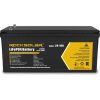
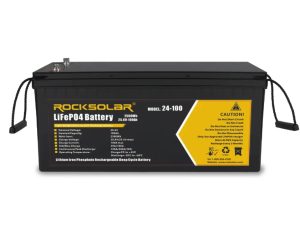
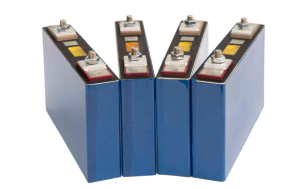
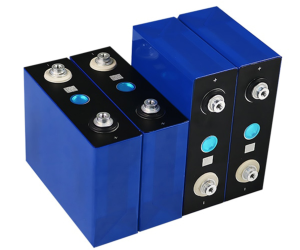
Add comment